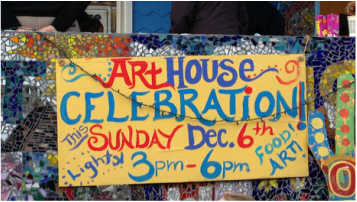
Oh my it is hard to know where to start to tell you about the Love Front Porch community in Homewood, PA. About the ARThouse that serves as a healing and growing space for children (and, I assume, some adults as well) in the community. As a place where people can THRIVE, can grow to become who they are meant to be.
Last Sunday, December 6, was the Night of Illumination at the ARThouse, recently moved into its new quarters. It was a time to celebrate hard work and mystically amazing futures that are made possible by the work of artist Vanessa German and supporters.
The ARThouse began when Vanessa moved to her own front porch to work on her sculptures and paintings because her basement ceiling was too low, in the process attracting neighborhood children who soon became creators themselves.
Vanessa describes the accidental formation of this powerful community of young artists. "You need to make a decision. You need to choose a color and a purpose," she told them.... and they told their friends, and it grew and grew. The growing community became an antidote to what can be frequent background noise of violence and chaos. Just listen and watch.
In the tiny upstairs kitchen, we baked. I had brought my shortbread cookie dough with some jars of sprinkles and turned the project over to several young girls who took turns rolling out the dough, then cutting and decorating the cookies. There were no sprinkles left at the end of this exercise - man, those cookies sparkled! LESSON TWO: Get out of the way, and let the children fly.
Downstairs, volunteers equipped with hammers and nails followed the instructions of the children who selected artwork to be hung, and chose where and with what other pieces the pictures would be displayed. LESSON TWO B: Get out of the way. They know what they are doing.
Larry, my honey, was home in bed, fighting his pneumonia, and I was starting to miss him, so I headed home before dark. Fortunately, Brandi Fisher and Denise Johnson shared photos of the pinnacle of the celebration on Facebook (thank you, Brandi and Denise).
Thank you, Vanessa German. Thank you for your love that persists in spite of it all, and for the art that arises from it. Thank you.
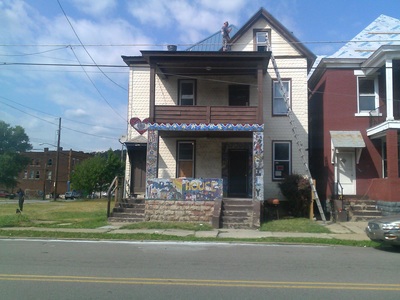
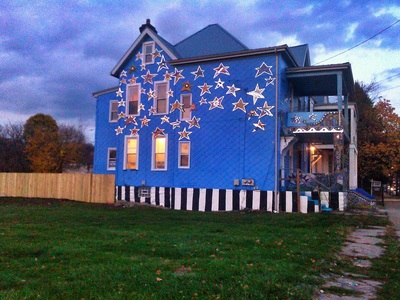
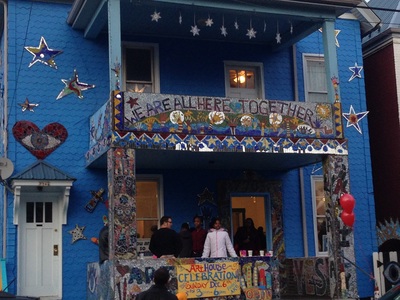
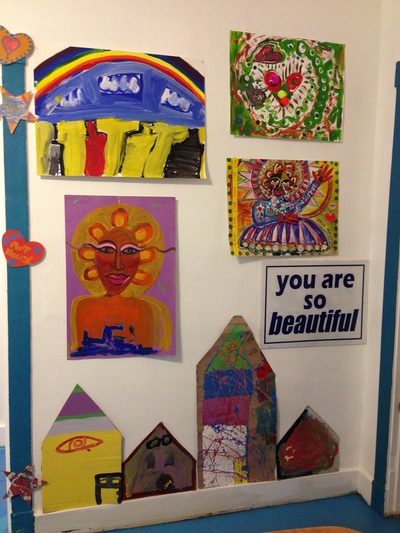
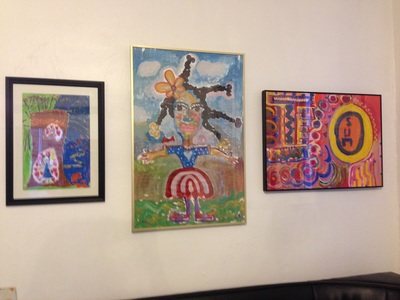
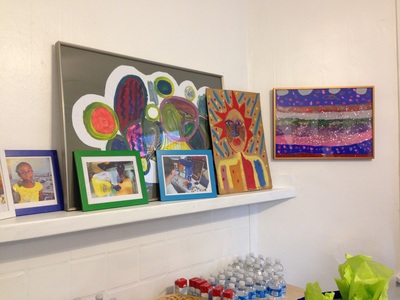
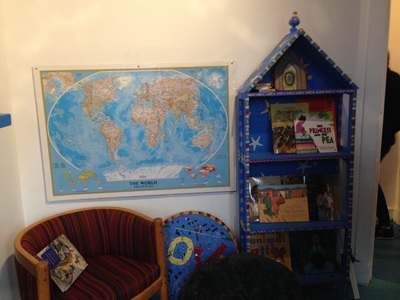
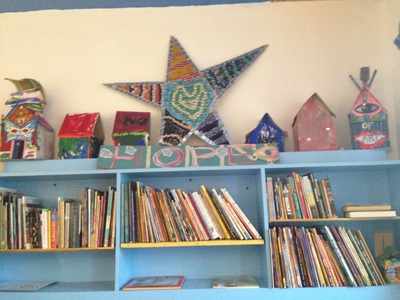
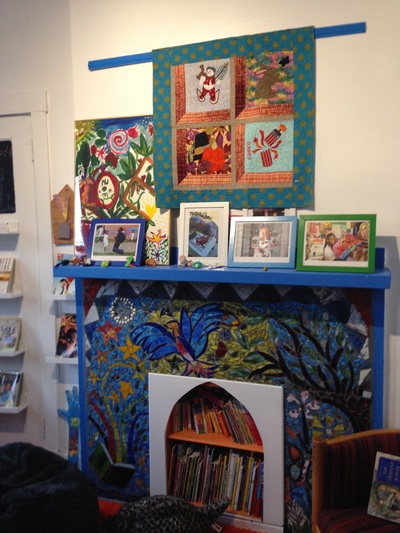
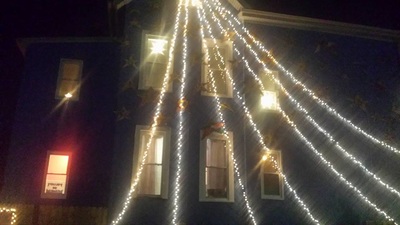
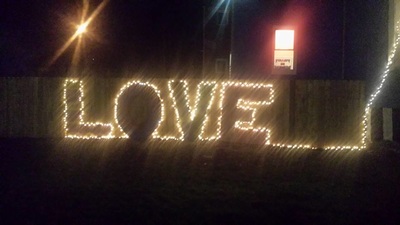
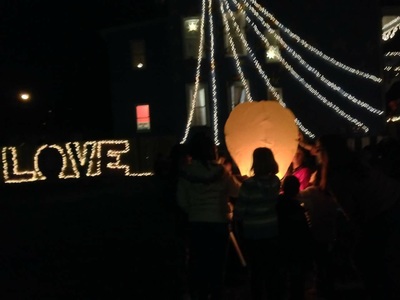
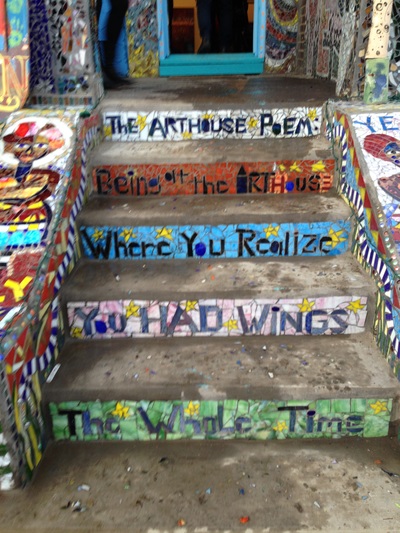
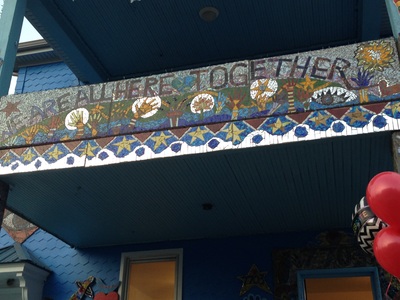
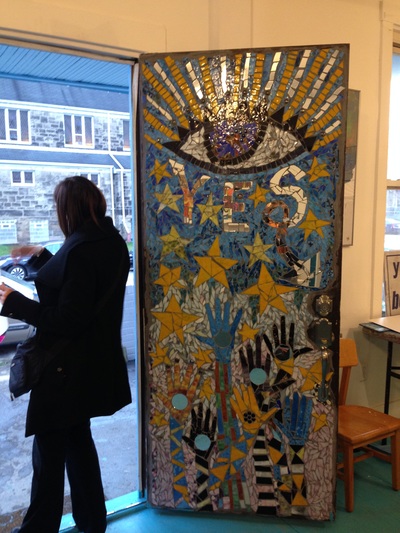
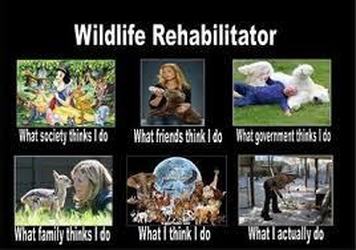
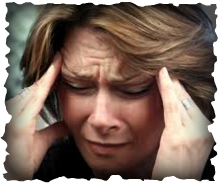
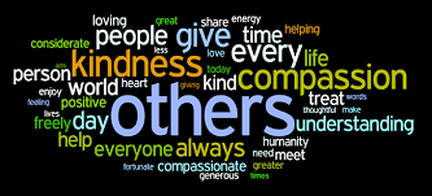
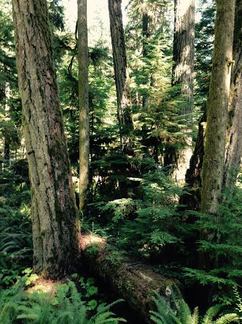
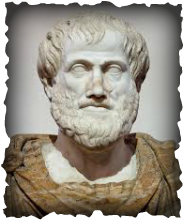
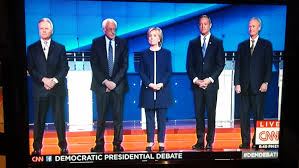

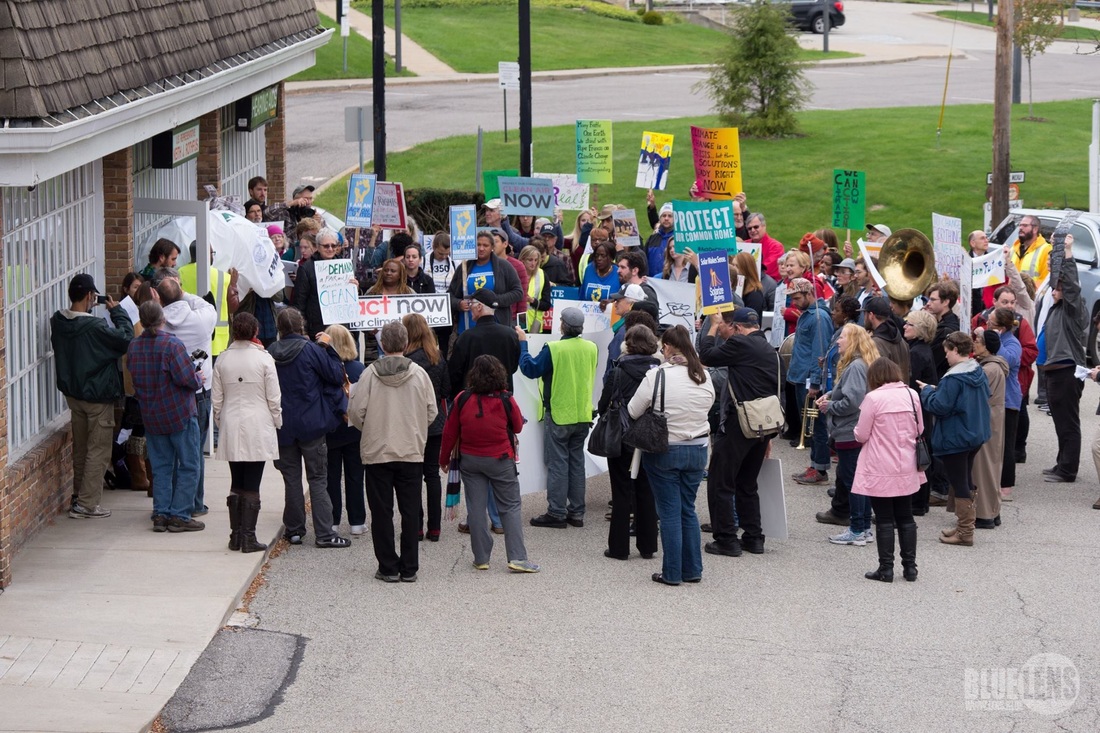
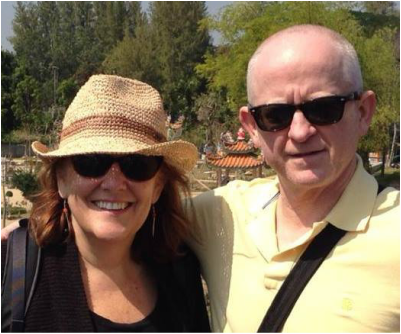
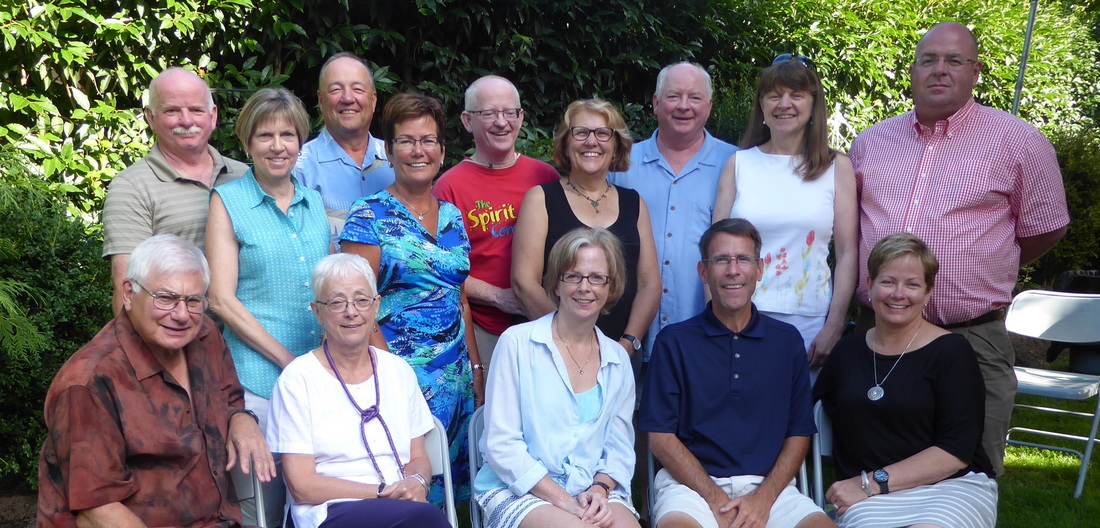
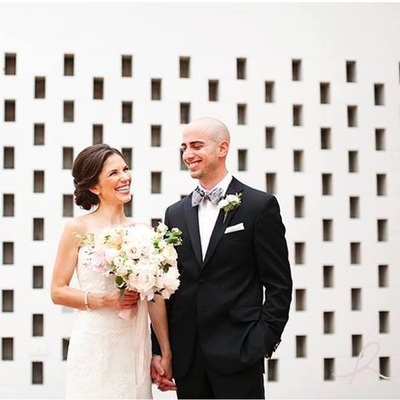
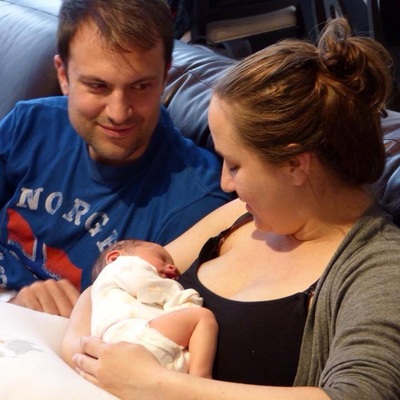
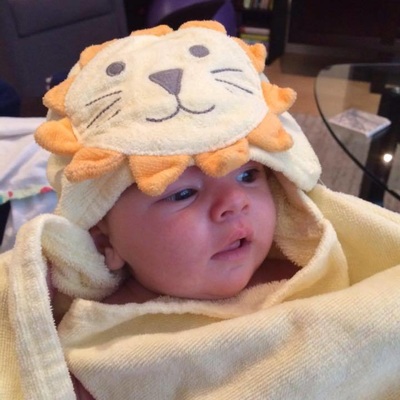
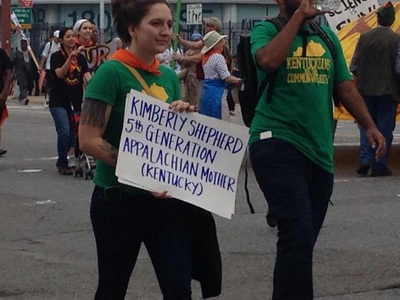
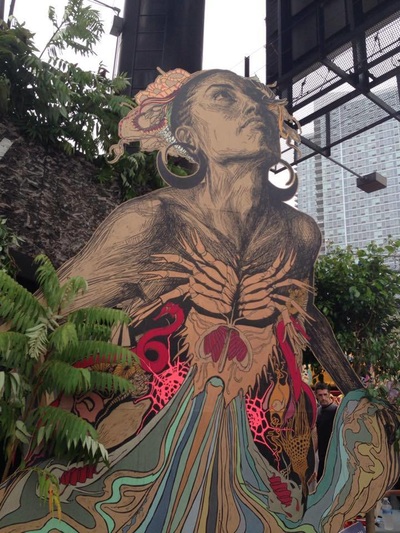

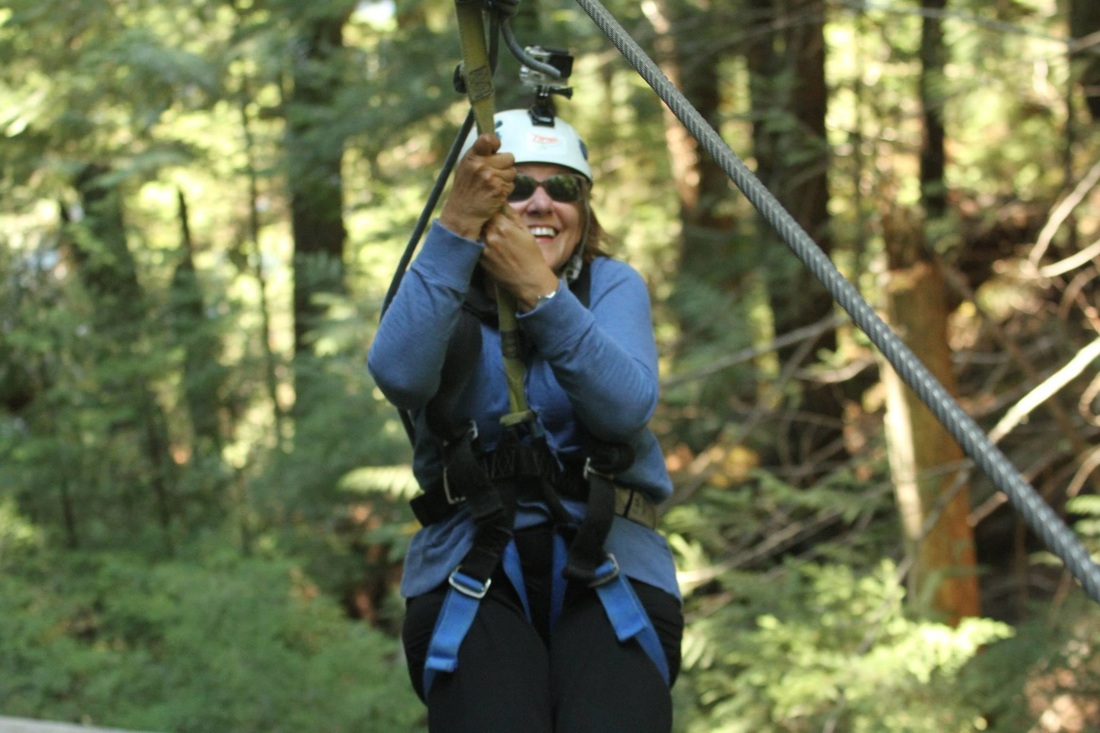
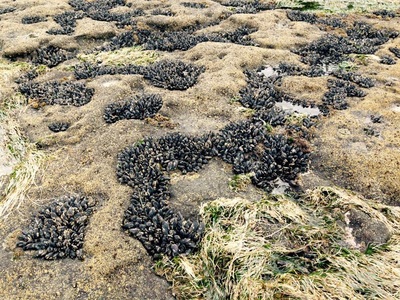
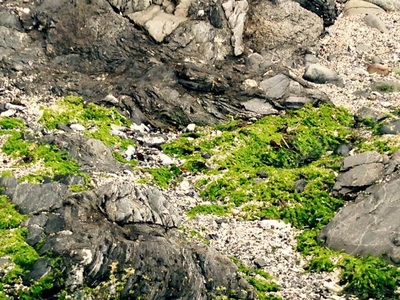
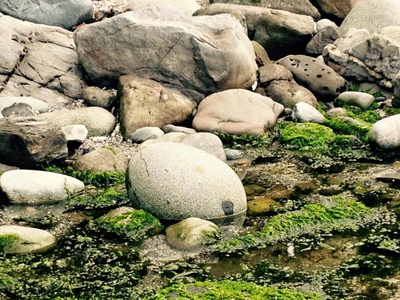
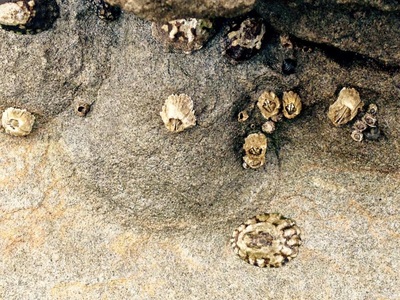
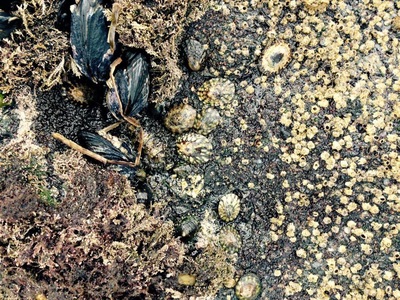
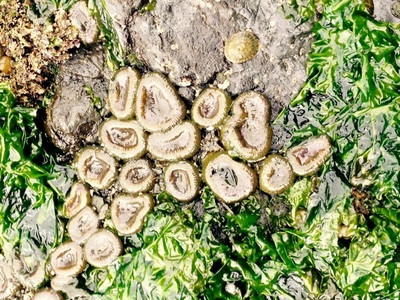
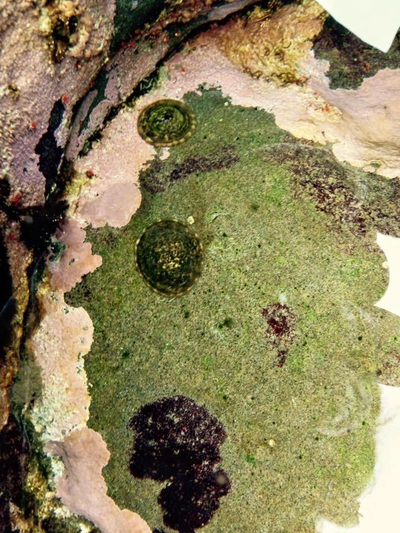
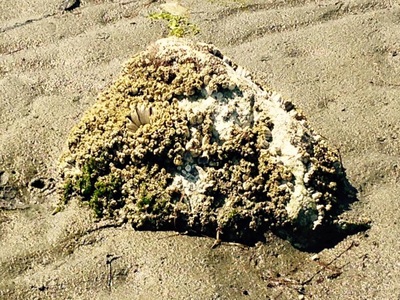
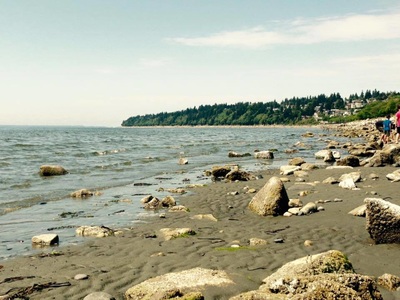
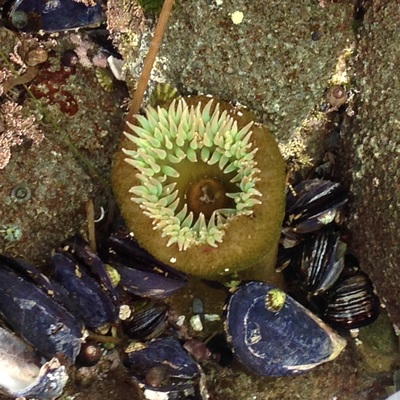
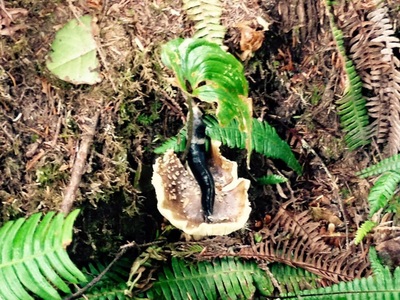
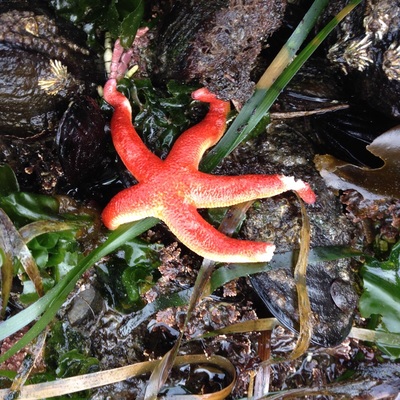
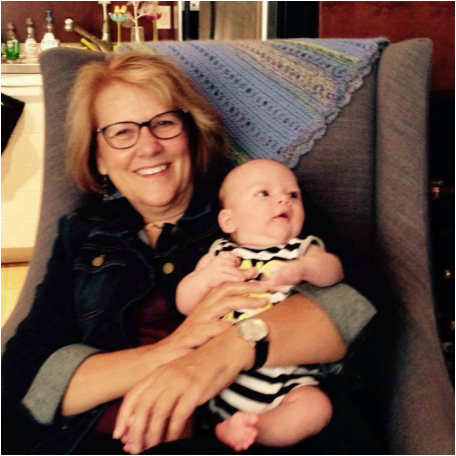
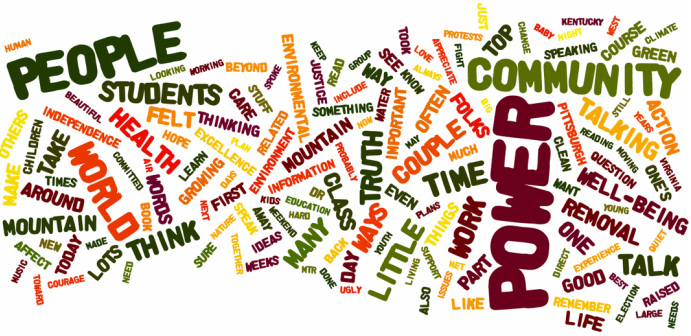
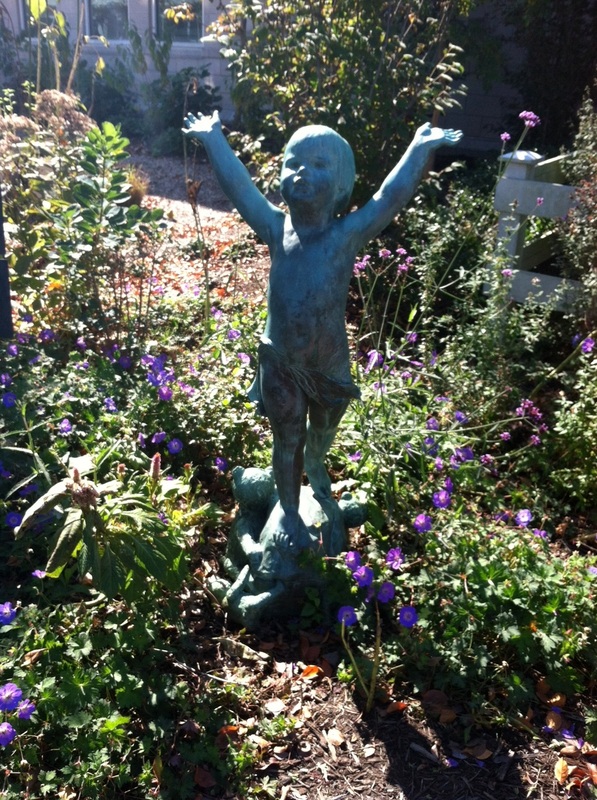
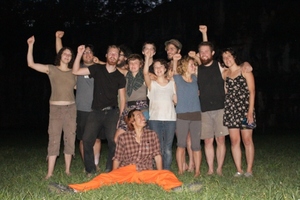
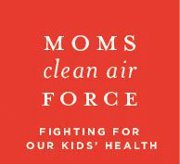
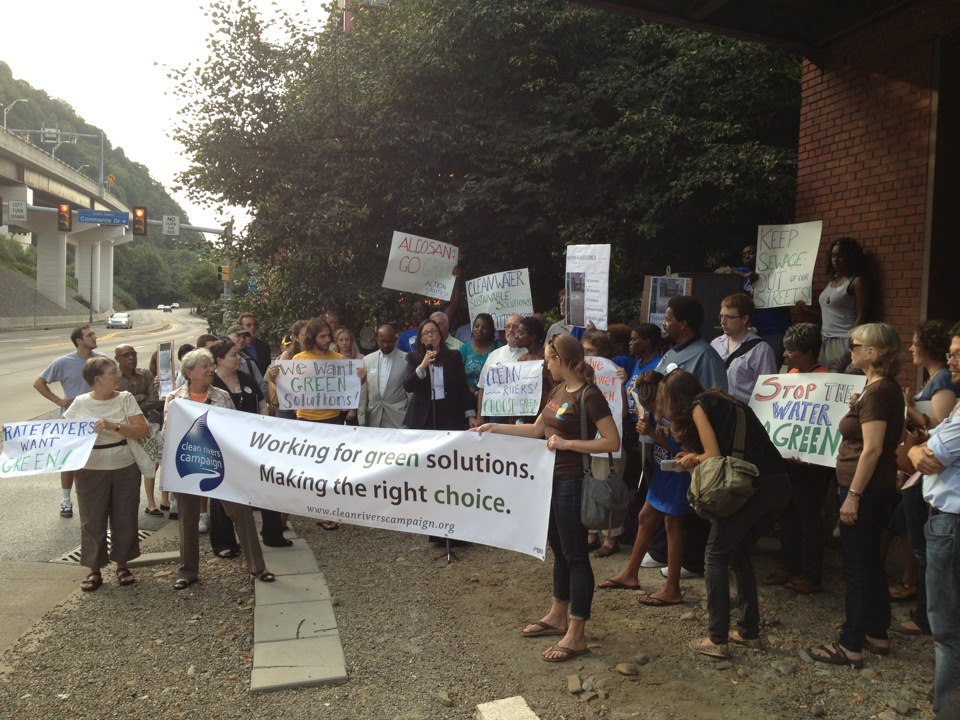

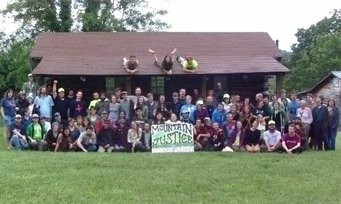
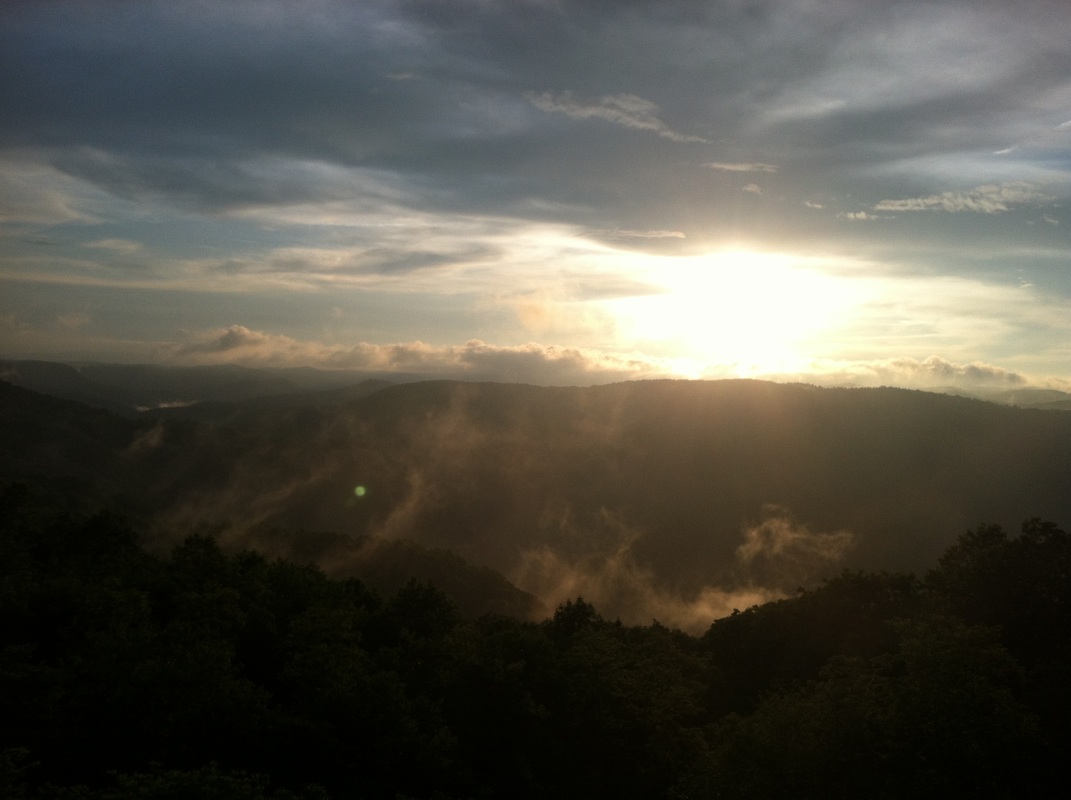
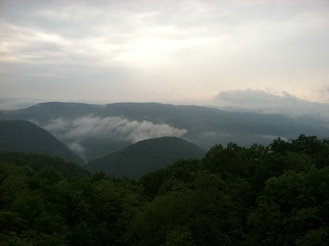
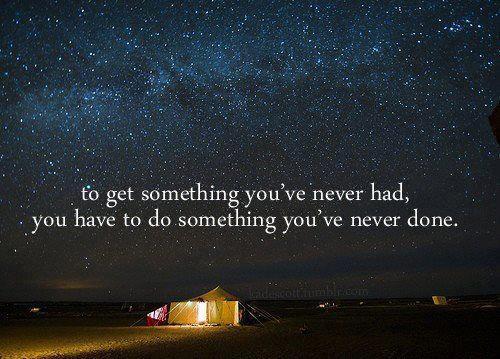
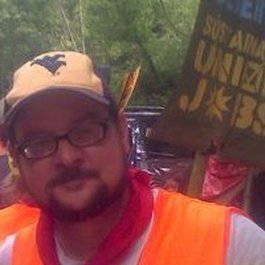
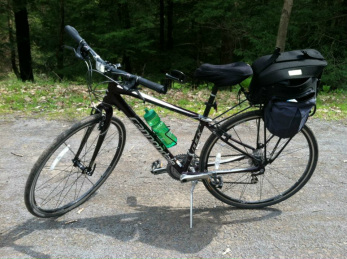
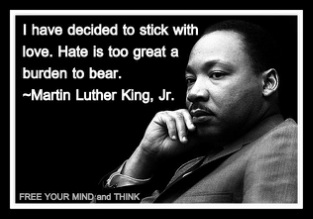
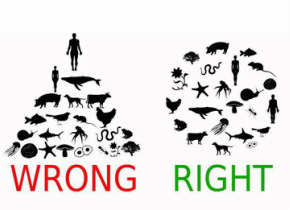
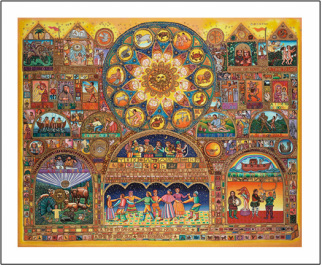
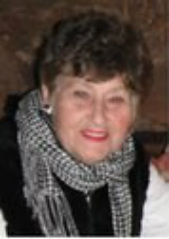
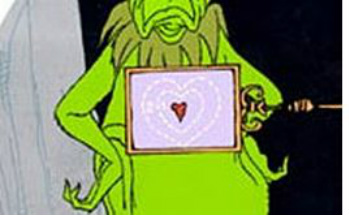
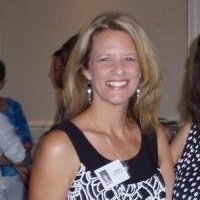
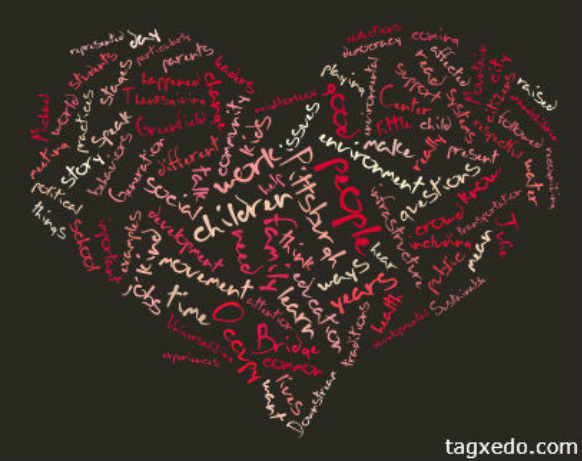
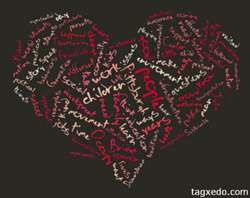

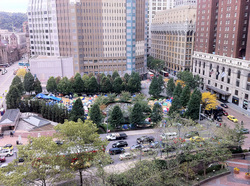
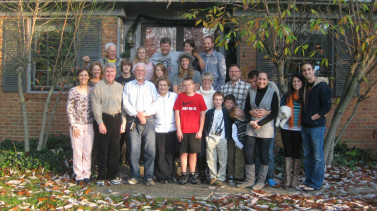
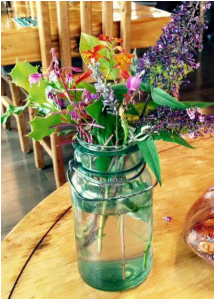

 RSS Feed
RSS Feed
